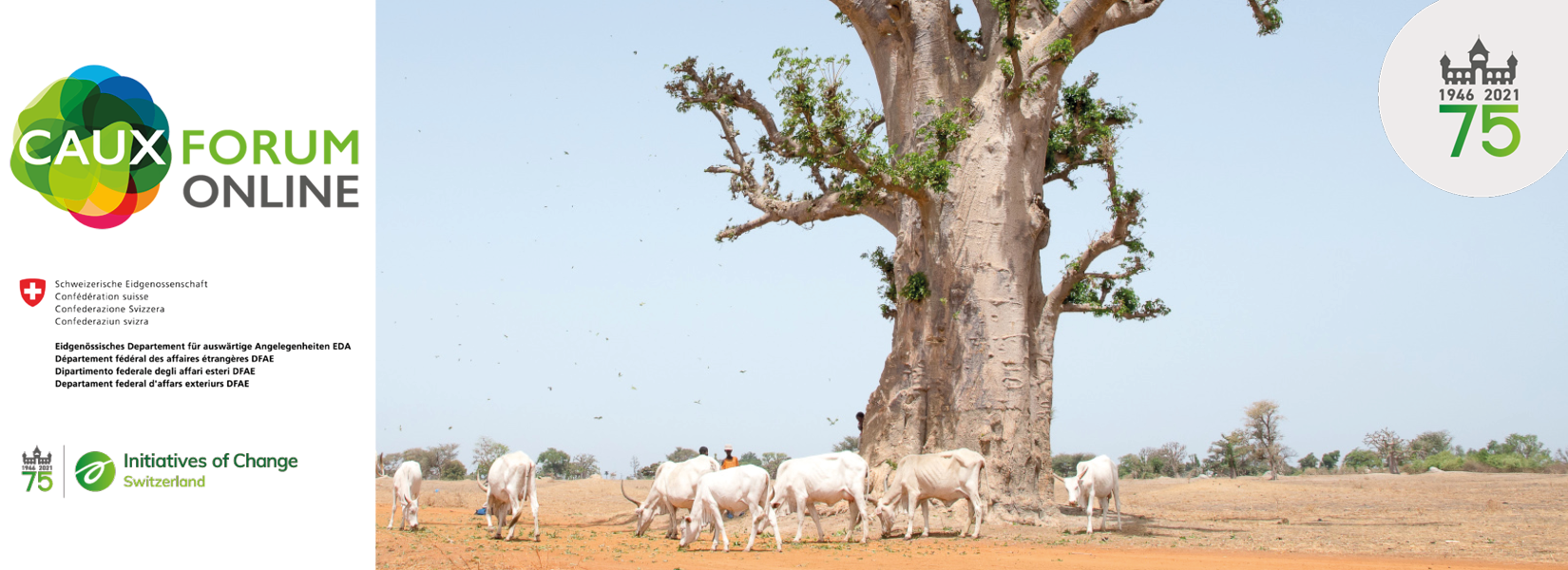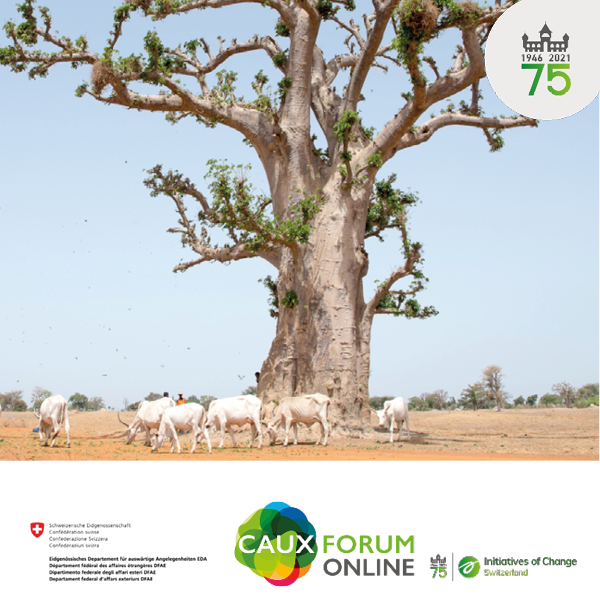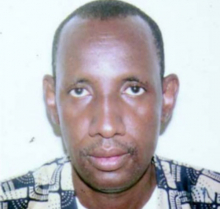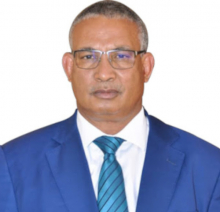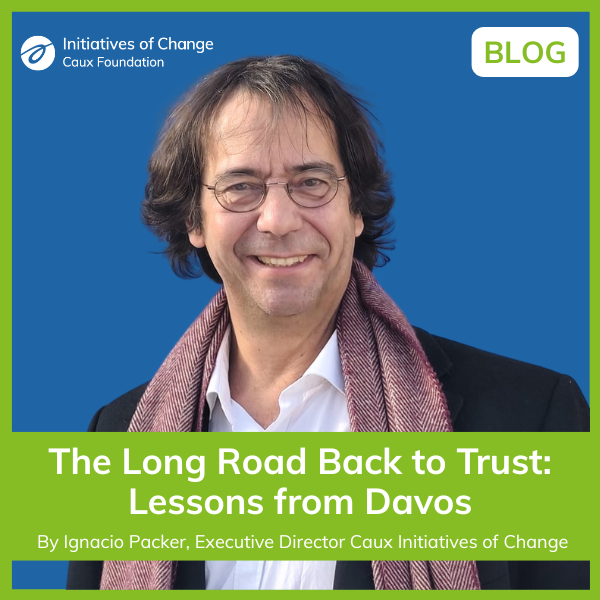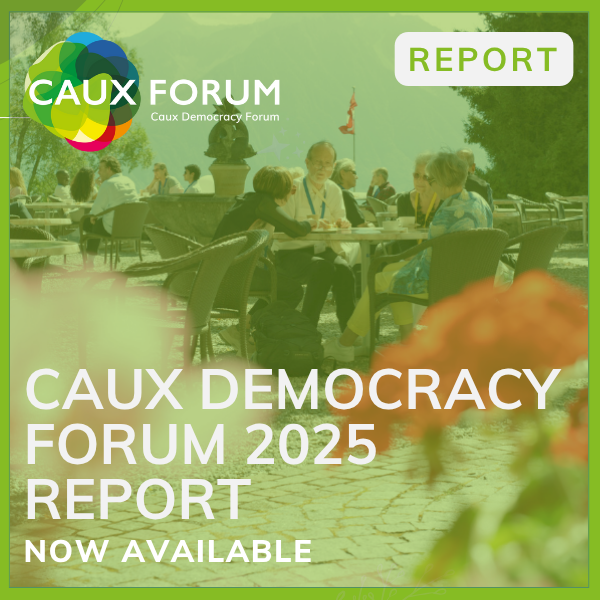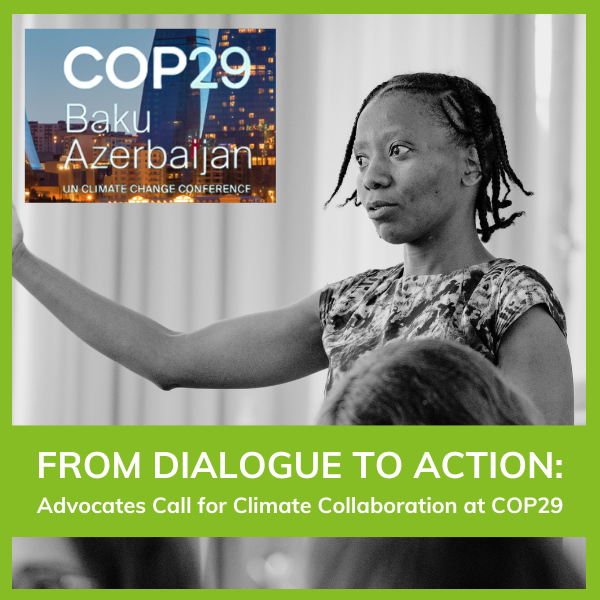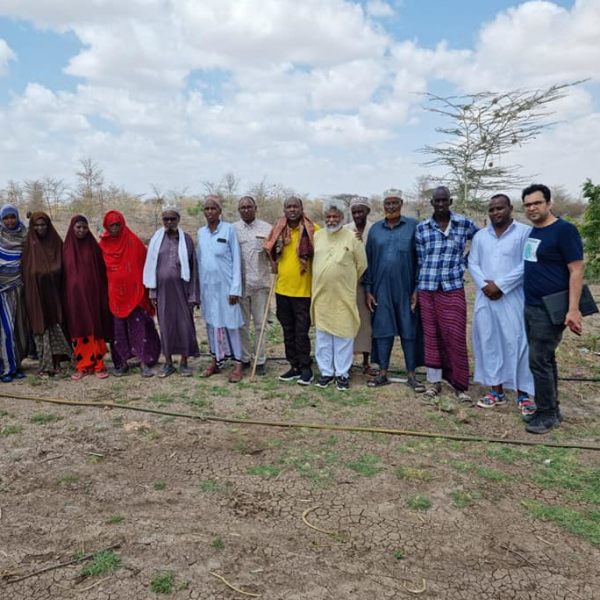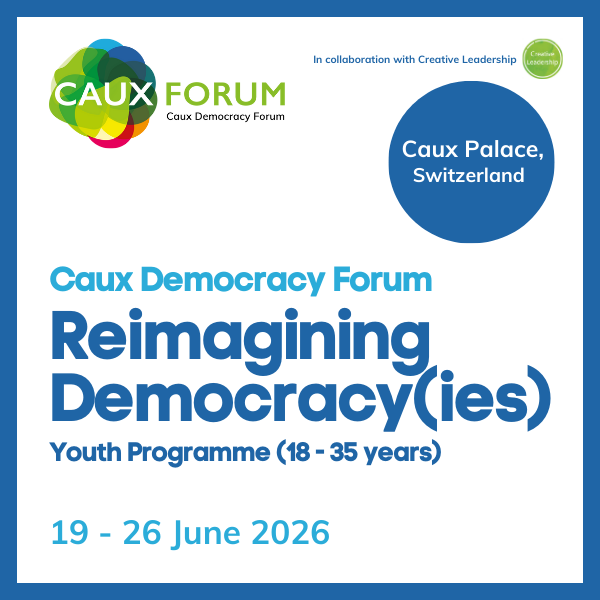A pathway to peace and prosperity in West and Central Africa
Caux Dialogue on Environment and Security 2021
11/08/2021
In the context of their partnership, Initiatives of Change Switzerland (IofC) and the Peace and Human Rights division of the Swiss Federal Department of Foreign Affairs organised a webinar on the theme Catalysing political and community-based solutions for land governance in West and Central Africa: a pathway to peace and prosperity. Held on the 21 July 2021 as part of the Caux Forum Online 2021, the webinar followed those held previously on 10 July 2020 on ‘Land and Security in Sub-Saharan Africa’ (summary, video), and on 2 December 2020 on ‘Land Governance in the Sahel’ (summary, video).
Chaired by Luc Gnacadja (Benin), Founder and President of the thinktank GPS-Dev (Governance & Policies for Sustainable Development); former Executive Secretary of UNCCD (2007-2013), and former Minister of Environment and Urban Development for Benin (2004-2007), the webinar brought together several people active at the heart of the concerns of safeguarding land and peace in the Sahel:
- Boubacar Ba, Director of the Centre d'Analyse sur la Gouvernance et la Sécurité au Sahel/NGO Éveil, Mali
- Ousseyni Kalilou, Co-chair of the Forest Interest Group (FIG), Environmental Peacebuilding Association (EnPAX), Niger/USA
- Salima Mahamoudou, Research Associate, Global Restoration Initiative, World Resources Institute, Washington DC, US/Niger
- Abdoulaye Mohamadou, Executive Secretary, Permanent Interstates Committee for Drought Control in the Sahel (CILSS), Burkina Faso
The workshop emphasized the close relationship of the various challenges facing West and Central Africa: food insecurity, poverty, environmental degradation, climate change, weak governance, violent extremism, armed conflict, and the still poorly understood consequences of the Covid-19 pandemic.
In a region where the vast majority of the population depends on rain-fed agriculture and pastoralism, one question stands out: does land governance increase the insecurity of the population, or can its successes and failures give rise to deep reflections on the policy changes needed at a time when violent extremism is primarily targeting areas rich in natural resources? How can we work to prevent violence?
In his launch of the webinar, Luc Gnacadja reminded everyone that, through the Bamako Declaration of February 2019, African nations and civil society both supported the need to respond strongly to land degradation and the effects of climate change in the Sahel. The sustainable management of smallholder and pastoralist agroecological systems constitutes the very basis of an effective strategy to prevent and ‘reduce conflicts linked to resource use’, as stated in the Declaration. As many soil restoration practices exist in the region, regional cooperation becomes essential to stimulating reflection and action in this field, and to raising new hopes.
For Boubakar Ba, the complexity of land governance is such that only through a precise understanding of local and regional conditions can it be tackled effectively. He drew on the example of the Inner Niger Delta, in the Mopti region of Mali, to illustrate how imbalances in the coexistence of pastoral and agricultural systems, and land conflicts which go back far into the past, can today either be a source of solutions or fuel violence, depending on how they are handled. In this situation of land grabbing and armed conflict, Boubakar Ba advocates from his personal experience that dialoguing with the ‘new masters’ is a necessary step towards establishing a consensus on conflict resolution and the endogenous governance of natural resources, and allowing people to return to and use the land.
Ousseiny Kalilou demonstrated the importance of the production of gum arabic in the Sahel, which, under conditions of environmental stress, can be a factor both in climate mitigation (the acacia fixes nitrogen in the soil) and in local community management of the root causes of violent conflict. As gum arabic is a source of economic subsistence and a natural resource coveted by multinational organizations, cooperation within communities and with external actors to regulate the sector offers an opportunity to create social cohesion around this acacia tree. Human relationships are therefore at the centre of this activity, even in areas of tension.
Salima Mahamoudou addressed land restoration from an economic perspective: all land has a market value, and its restoration can generate immediate benefits as well as unhealthy competition, or other negative effects. Land-owners who covet the terrain restored by their tenants often reclaim the land and force the tenants out without adequate compensation. It is important that customary agreements are respected, as it is the most vulnerable groups (women and youth) who are the most affected by such practices. Dialogue platforms at local and national levels are vital for the creation of coherent land restoration programmes.
Finally, Abdoulaye Mohamadou painted a broad picture of the various difficulties which countries face in trying to protect, control and fully benefit from the immense wealth of the Sahel’s natural resources. Border zones pose the most concern for governments, which must deal with varying judicial systems. This situation imperatively requires regional coordination and a policy of dialogue at all levels of decision-making, particularly involving the community actors on the ground. Only a large-scale citizen mobilization, using the most advanced technologies and based on concrete and successful experiments, will be able to meet the needs. ‘We must urgently create an African IPCC*,’ he concluded. (*Intergovernmental Panel on Climate Change.)
In the discussion that followed, panellists and participants emphasized the need to tackle these issues specifically and concretely, and to actively involve local communities in finding solutions. Moreover, it is not so much the environmental conditions themselves which are crucial to peace and security, but their governance. Thus, as power relations exist everywhere (in areas of tension as much as anywhere else), it is important to make them more flexible and to introduce dialogue whenever possible: where the state is present, where it is not, where the private sector is active (especially through micro, small and medium businesses), where traditional structures work to the benefit of the community, where there is threat of conflict and where conflicts have already broken out.
It is through this awareness of the link between land governance and the stakes of peace or of war, and a will to include all the actors concerned, that progress can be made.
Everyone emphasized that those that society has left behind (particularly women and youth) must be integrated, as it is they who are rooted in the land and will provide life for it, no matter what happens.
And from there, the necessary scaling-up of good practices can be carried by the nations with the support of all.
Co-organizers
Dr Alan Channer, specialist in peacebuilding, environment and communication (UK/France), has been one of the organizers of the Caux Dialogues on Land and Security since their inception, and also initiated the Summer Academy on Land, Security and Climate in 2019, in partnership with the Geneva Centre for Security Policy (GCSP).
Carol Mottet, Senior Advisor in the Peace and Human Rights Division of the Swiss Federal Department of Foreign Affairs (FDFA), is in charge of a programme on the prevention of violent extremism. As land issues are among the root causes of violence, this programme helps link environment, security and peace specialists in the search for a common solution.
_____________________________________________________________________________________________________________
You missed the event? Watch the replay in French here.
- More on the Caux Dialogue on Environment and Security 2021
- Discover all Caux Forum Online 2021 events
- You would like to know more about our upcoming events and activities? Subscribe to our newsletter.
Cover photo: Noah Elhardt through WikiCommons
